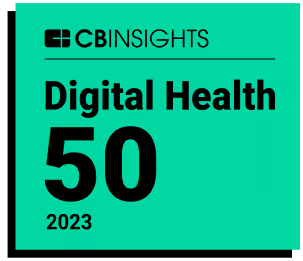Primary care is in trouble
According to a report from the Milbank Memorial Fund, The Physicians Foundation, and the Robert Graham Center about the crisis facing primary care:
- The number of primary care physicians per capita has declined from 68.4 primary care physicians (PCPs) per 100,000 people in 2012 to 67.2 PCPs per 100,000 in 2021.
- Only 15% of all physicians who enter residency training practice primary care three to five years after residency.
- Nearly half of family physicians rate the usability of electronic health records (EHRs) as poor or fair, and more than one-third are unsatisfied with their EHRs.
The veteran healthcare journalist Elisabeth Rosenthal put it best when she wrote:
“American physicians have been abandoning traditional primary care practice — internal and family medicine — in large numbers. Those who remain are working fewer hours. And fewer medical students are choosing a field that once attracted some of the best and brightest because of its diagnostic challenges and the emotional gratification of deep relationships with patients.”
Much of the frustration experienced by physicians relates to burnout. The American Medical Association (AMA) defines burnout as “a long-term stress reaction that can include emotional exhaustion, depersonalization (i.e., lack of empathy for or negative attitudes toward patients), [the] feeling of decreased personal achievement.”
According to the Agency for Healthcare Research and Quality (AHRQ), “Burnout can also threaten patient safety and care quality when depersonalization leads to poor interactions with patients and when burned-out physicians suffer from impaired attention, memory, and executive function.” An AMA survey in 2022 identified that primary care physicians (Internal Medicine, Family Medicine, Pediatrics) were among the top six physician specialties with the highest burnout (52 – 58%).
Click here to read the rest of the article in healthleaders.


.png)






.png)













